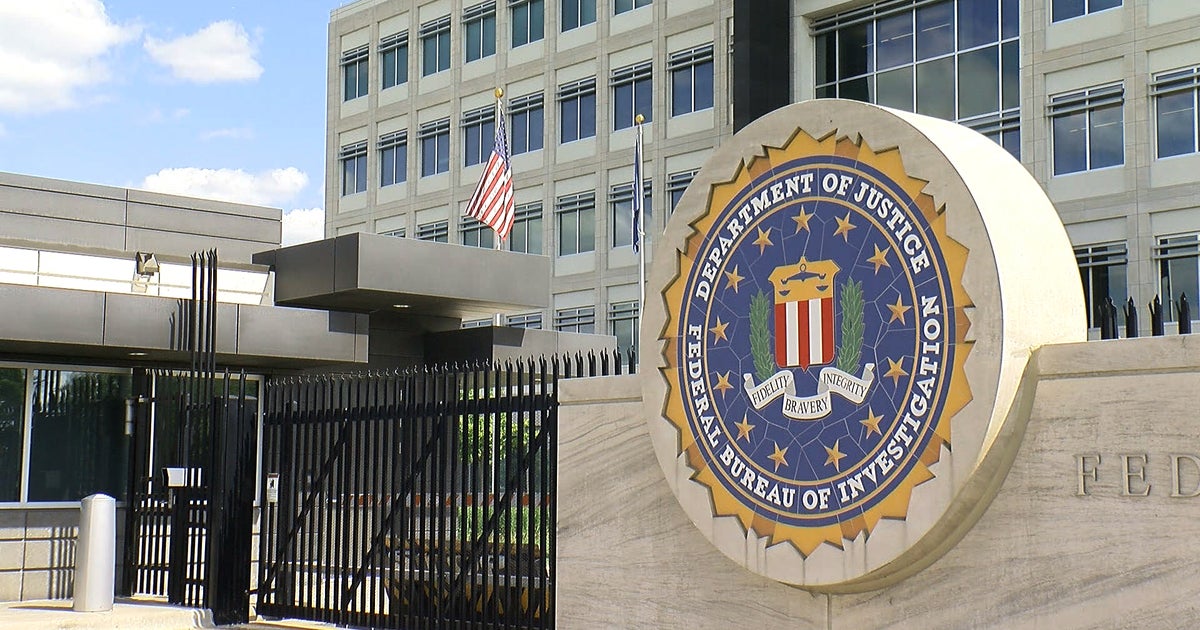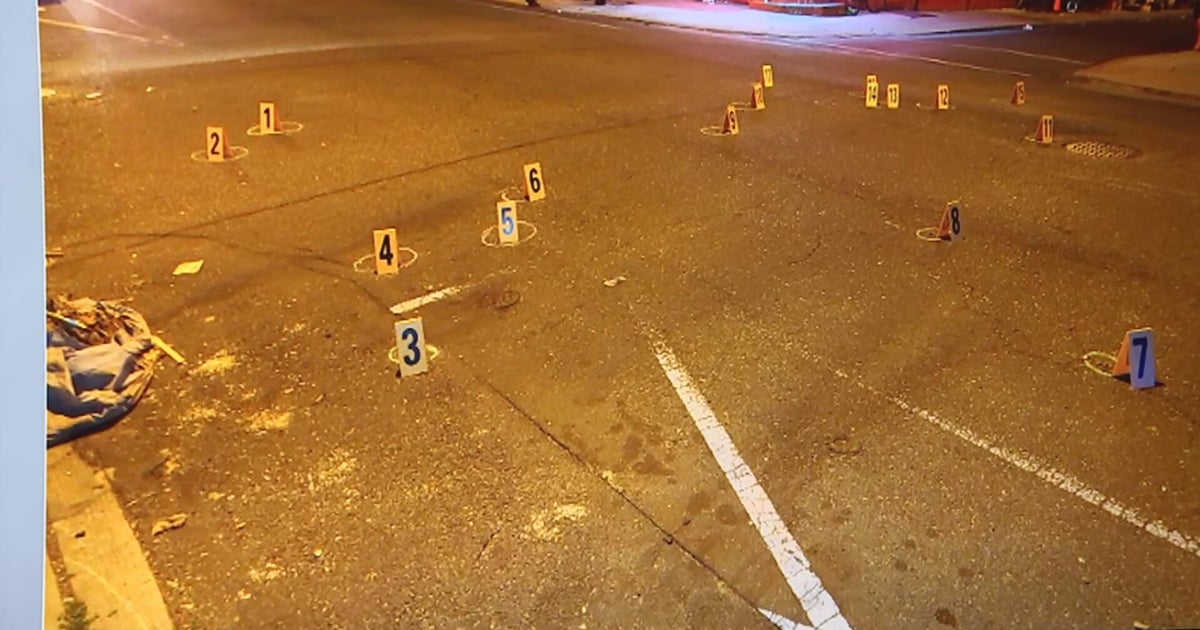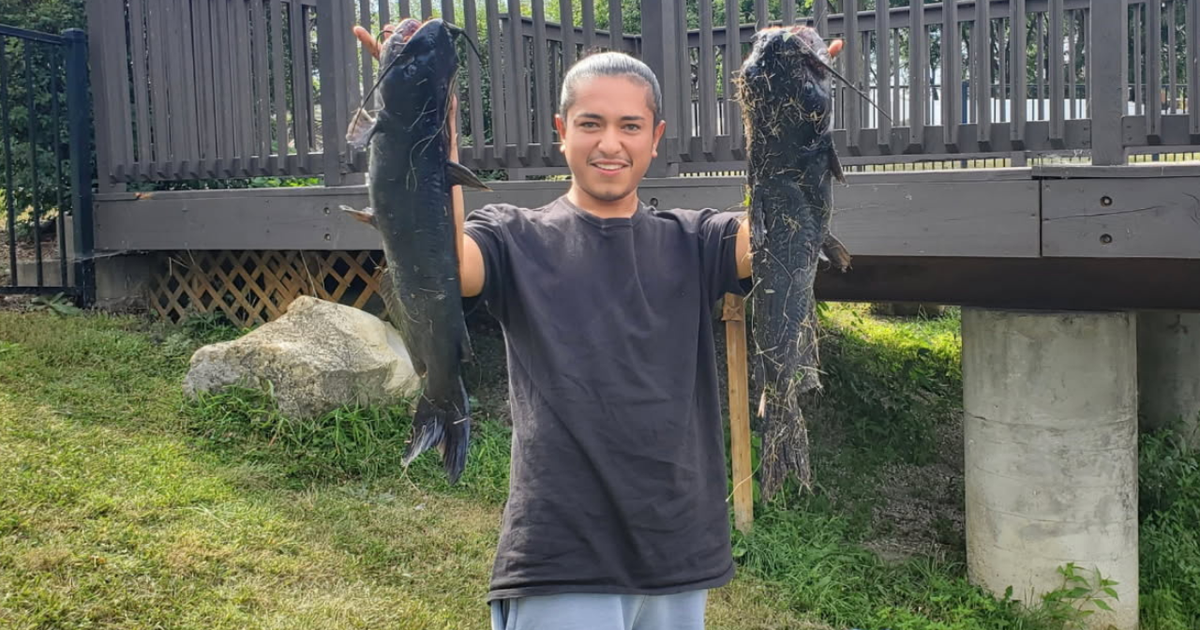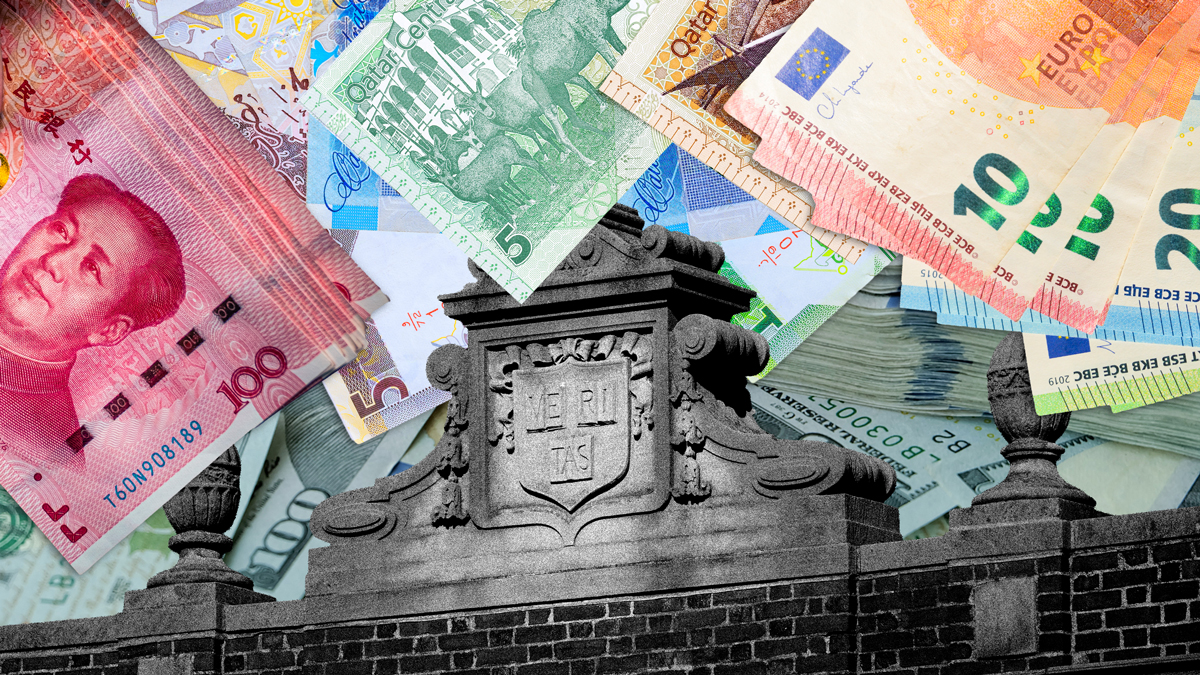Abalone poaching fuels crime and violence in South Africa
JOHANNESBURG — Poachers profiting off illegal abalone fishing are fueling a wave of violence in South Africa. A report by TRAFFIC, a wildlife trade monitoring network, found that 96 million of the shellfish have been poached in South Africa's waters since 2000.
While some abalone fishing is legal, CBS News foreign correspondent Debora Patta reports that more than 2,000 tons of abalone are fished illegally every year — 20 times the legal limit.
Abalone, a type of sea snail, is not widely eaten in South Africa, but there's an increased demand for it from China, where it's considered a delicacy. Patta reports gangs are running illegal facilities that dry abalone before it's shipped off to Hong Kong.
It's also sometimes traded for crystal meth.
"It's become so dangerous in South Africa that you've seen armed gangs actually try and attack vans that are carrying legal quantities of abalone so not only are they poaching, they're trying to attack legal vans," Patta said.
On reason why it's so difficult to crack down on crime linked to poaching is because abalone is not listed on any endangered species lists, despite the fact that it could become extinct if current poaching levels continue.
"This product is laundered in sub-Saharan Africa so dried abalone goes to countries like Angola, like Zimbabwe, like Mozambique, like the Democratic Republic of Congo where they have lax controls," Patta said. "It's laundered and shipped out of those countries and police can't legitimately search shipments because the product is not illegal."
In response, groups like TRAFFIC are calling for abalone to be placed on endangered species lists. CITIES is the global body that controls the international trade in protected wildlife species, but the next meeting of CITIES member-states isn't scheduled until May of next year.



